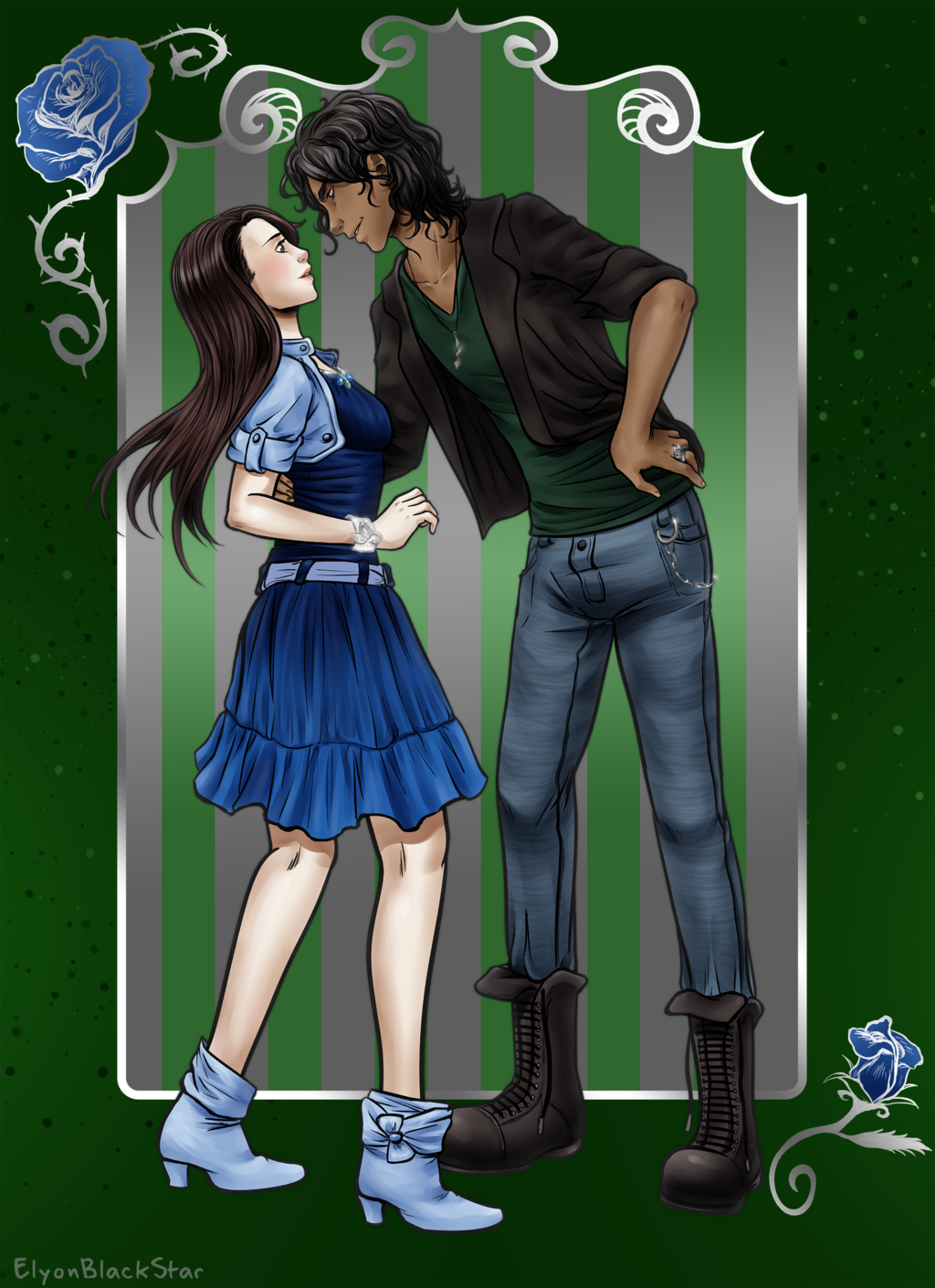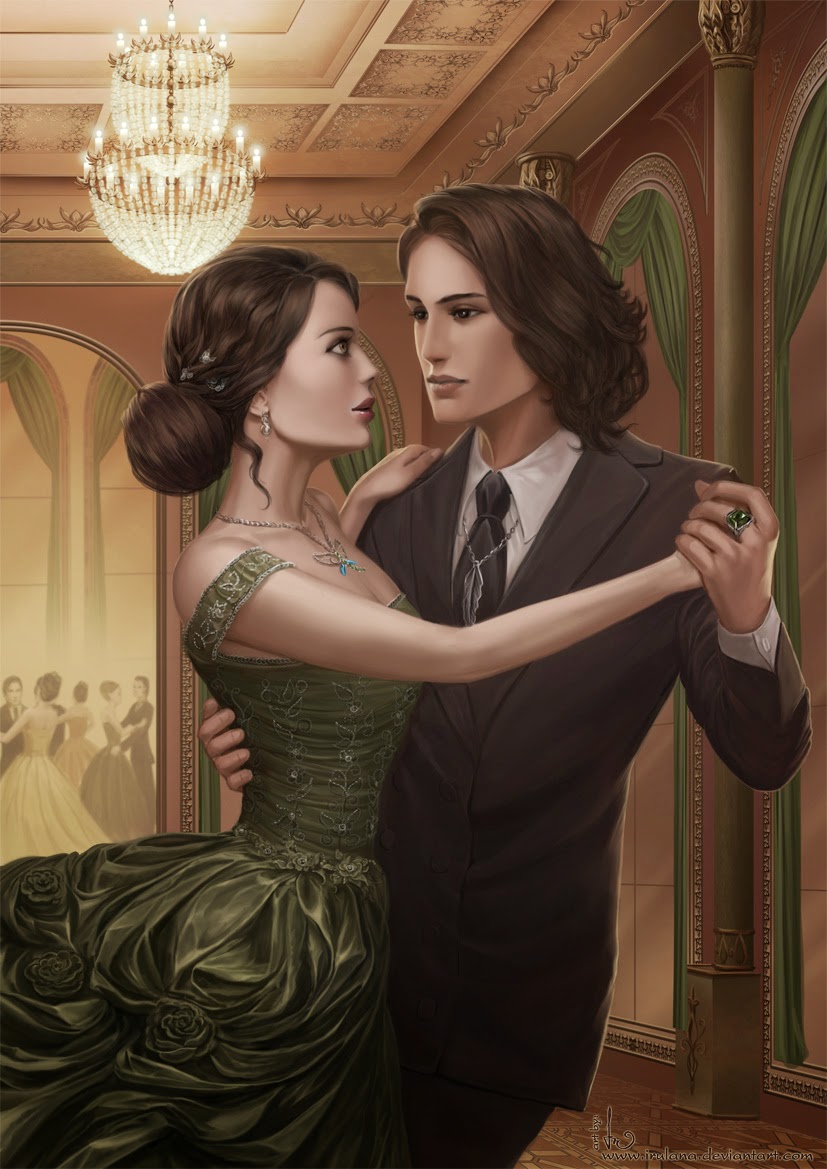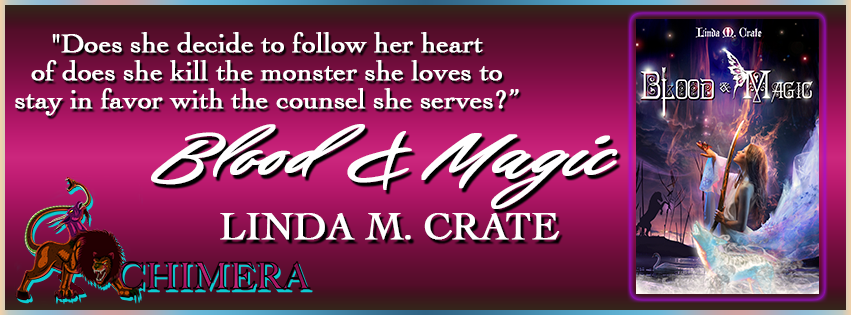Ravenswood Publishing Virtual Tour Presents:
The Drama Queen Series
Title: The Drama Queen Series
Author: Kevin KIehr
Genre: LGBT Fiction
They are soon drawn into the world of theater–Afterlife style, with all the bitchiness, back-stabbing and ego usually associated with the mortal world.
Allan also has a secret. He has a romantic crush on his friend, Warwick; but shortly after confiding in his new angel pal, his love interest falls for the cock-sure playwright, Pedro.
Not only does Allan have to win the heart of his companion, he also has to grapple with the faded memory of how he actually died.
 Book Two Synopsis: Adam's about to discover how much drama a mid-life crisis can be. He's obsessed with Mannix, the nude model in his art class. But Adam has been married to Wade for nearly two decades, and they don't have an open relationship.
Book Two Synopsis: Adam's about to discover how much drama a mid-life crisis can be. He's obsessed with Mannix, the nude model in his art class. But Adam has been married to Wade for nearly two decades, and they don't have an open relationship.
Little do they know that Fabien, a warlock from the Afterlife, has secretly cast a spell of lust on Adam and his potential toy-boy.
As things begin to heat up, Adam's guardian angel, Guy, steps in. But what's the best way to save the relationship? Should Guy subdue Adam's wandering passions, or instigate a steamy threesome?
The Author On Dreaming Up a Gay Angel
One evening a friend asked me about my writing. I talked about my surprise at how my gay angel character, Guy, seemed to win many readers’ hearts. And as the night flowed with much conversation and wine, I had an epiphany.
You see, back in the mid-80s when I moved to Sydney, I met a man who was an aspiring artist. He sold his soul to his paintbrush, determined to be as successful as the many avant-garde creatives he admired. He quickly became one of my closest friends.
He had an awkward personality, and although he was liked by those who I introduced him to, his social graces were underdeveloped. This had more to do with the fact that he was self-conscious of what he said and how he acted, and this combination brought out the parent in those he met.
He was unique. He was a guy who balanced part-time work, socialising, and art, making sure there was plenty of time for the latter, as this was his dream. So many hours were spent alone at the easel.
He shared several exhibitions with other artists, but there was one upcoming event he was really excited about – his own individual showcase in Perth. He never made this important event. He died of an asthma attack over the Easter weekend of 1990, one week before his important show.
In my novels, Guy the angel is awkward. He is self-conscious. He brings out the parent in his friends. Yet this character is loosely based on a completely different individual. When I talked about Guy after many wines the other night to a friend, I started wondering if he was really my old buddy.
My artist pal was twenty-eight when he passed away. Guy is about the same age. Both are tall. And in the second paragraph of Drama Queens with Love Scenes, my angel is described as having “a vanilla hint of gayness”. My artist friend denied it, but if he had lived…
The last time I saw him was a week before he died.
He actually said “good-bye”. It sounded so final. This was strange as whenever we parted he’d always make the point of reminding me of our next engagement, which on this occasion, was three weeks away.
I hugged him and something inside told me not to leave. That little voice was encouraging me to stay the night and get drunk with him. But it was Sunday evening and I was catching up with someone else. I always regret not listening to my gut feeling.
The character of Guy developed into his own, but I wonder whether I really just channelled my old friend. Was there a possibility that my subconscious had bled onto my keyboard? And as writers, are we simply doing this all the time without even realising it?
Excerpt from Drama Queens and Adult Themes (Book Two)
He had the perfect vee-shaped torso. The kind that would turn on a dozen potential lovers if he wandered into a gay bar. And while his faultless crew cut was artificially red, his other natural features were as intense as James Dean's. I could go riding in his sports car, feeling the breeze as we headed to Lover's Lane. He'd admire me with his penetrating eyes before undressing me for a lovemaking session so powerful, not even a night with a handpicked selection of porn stars would compare.
But unlike anyone I'd ever met, he was blessed with soft charcoal-colored wings. This was Guy's boyfriend, Joshua. I was back at that thespian drinking haven, the Pedestal, at some stage between going to bed and waking up the next morning.
I tried not to drool at this bad boy, while picturing myself taking off his well-fitted leather jacket, slowly. I wanted to let out an orgasmic moan, before any foreplay had begun.
"I think you need to sleep with Mannix," he said.
He sipped on a Bloody Mary.
"Joshua!" his loving partner reprimanded.
"Joshua, we tried," I said.
"And what happened, sweetheart?"
"He freaked out. He gives us all the signals and then runs off in terror."
"Tsk, tsk. Now why would he do that? You're not exactly on the ugly scale."
"Thanks," I replied. "I think."
"Joshua, that's not the issue here," Guy said. "I've been watching over them, and they're getting obsessed with Mannix. And just as odd, Mannix is obsessed with them. It doesn't make sense."
"What's there to make sense of, Petal? They're grown men looking for a bit of spice. This Mannix dude is the spice. Supply and demand. No problem."
"But Guy has a point," I said. "This is doing my head in. One minute, Wade and I are respectable grown men, the next we're one step away from toupees and face-lifts."
"And is this causing you two to argue? Fight? Split up?"
"Strangely, no."
I picked up my cocktail, resting the top of the glass on my lower lip before sipping slowly.
"Joshua, it's still causing drama," continued Guy. "Adam and Wade have their heads in no-man's land, and Mannix is just as bemused."
"Oh my darlings, they're men. Adult men. Every one of them. That which doesn't kill them, will make them stronger. Or separated but I can't see any hint of that. Can you, Adam?" I nodded tensely. "There, you see, Guy? It might be causing a bit of grief, but in the end, they're men. Once they stop questioning it with their emotions, they'll solve it physically and wonder why they didn't get down and dirty sooner."
I sat with the two angels, none-the-wiser. That dark-skinned woman was back on stage. Sultry jazz was her genre of choice today, and her small ensemble cruised into mellow tones that could set you adrift on a small boat. As she crooned the first lines of "Someone To Watch Over Me", Guy sang the words with her under his breath.
Around me, the mismatched furniture complemented the mismatched cast. A lone African woman, wearing more colors than a peacock's tail, stood transfixed as if the singer was secretly robbing her soul. Her fingers tapped on an imaginary piano, and her wide-eyed stare gave me goose bumps.
An old lady, dressed in clothes her own granddaughter would wear, clutched her wine glass like it was a precious jewel. At the same time, she gazed into the eyes of a mature athletic man who looked like he once had a passion for ballet dancing. Their loving gaze reminded me of the way Wade sometimes looked at me.
"So, Joshua, you think we're making too much of a big deal about this?"
He rubbed the tip of his sculptured jawline as Guy casually leaned toward him.
"Adam, darling, there are men who put themselves through hell and back trying to do the right thing. They won't act until they work out all the final consequences. And let's face it, as much pontificating as humanly possible is not ever going to let you know the final outcome, really! And there are men who are a lot more spirited and take life as a challenge. Go forth and take the risk and see where it leads you."
"Joshua, Adam understands that," Guy said. "But there's Wade to consider. What if their marriage falls apart?"
"Darling, seriously. From what you've told me, they're not going to fall apart. It's all just a bit of fun. Mannix is a new appliance, like a fridge or a vibrator. Something that has a use. And think, Adam. Think of the uses you can come up with, with your new appliance."
Author & Links
Kevin lives with his long-term partner in their humble apartment (affectionately named Sabrina), in Australia's own 'Emerald City,' Sydney.
From an early age, Kevin had a passion for writing, jotting down stories and plays until it came time to confront puberty. After dealing with pimple creams and facial hair, Kevin didn't pick up a pen again until he was in his thirties. His handwritten manuscript was being committed to paper when his social circumstances changed, giving him no time to write. Concerned, his partner, Warren, snuck the notebook out to a friend who in turn came back and demanded Kevin finish his novel. It wasn't long before Kevin's active imagination was let loose again.
Kevin's first novel, Drama Queens with Love Scenes, has been relaunched via Wilde City Press along with the sequel Drama Queens with Adult Themes.
Kevin is currently working on his third in the series, Drama Queens and Devilish Schemes, and a romance novella, Nathan and the New Yorker.
Currently Available At:




















